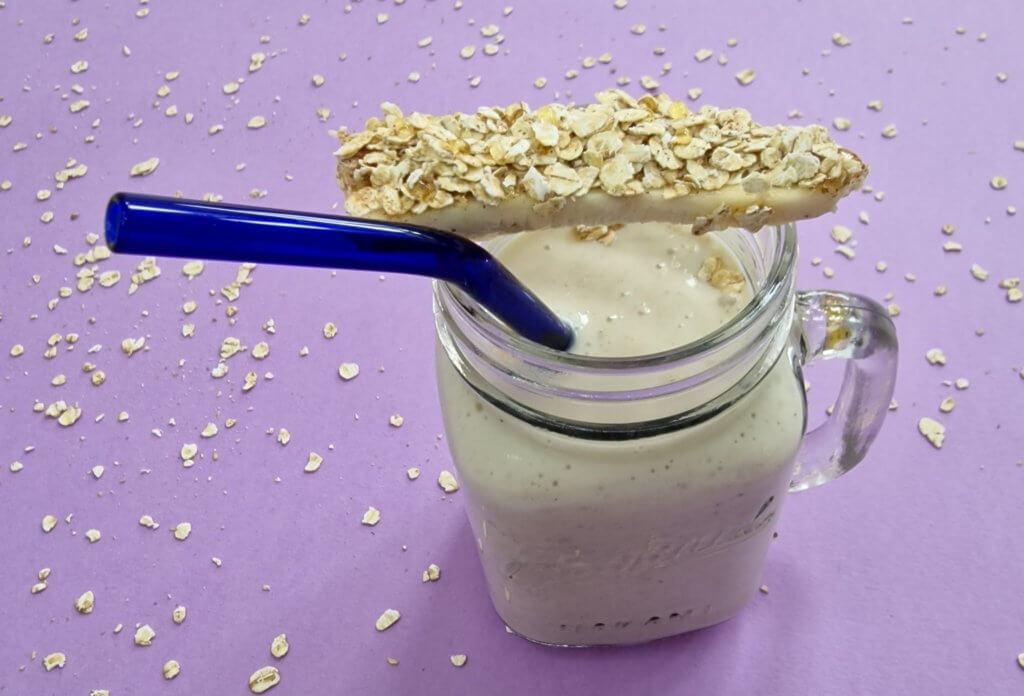WASHINGTON — Drinking alcohol may be fun in the moment, but the hangover it leaves can be painful and debilitating. Thankfully, scientists are one step closer to creating a way of protecting people against the headaches and nausea which often come with drinking too much. Researchers in China have genetically engineered a probiotic which blunts the harmful effects of alcohol, allowing people to recover faster after a night of drinking.
In experiments with mice, the probiotic not only helped the animals break down alcohol faster, but it also protected them from alcohol-related damage to the liver. If the results translate to humans in future tests, taking a specialized probiotic before partying could make hangovers a thing of the past. Currently, studies have connected excessive drinking to a variety of health problems, including heart disease, cirrhosis, and immune deficiency.
“We believe that genetically engineered probiotics will provide new ideas for the treatment of liver diseases,” says Meng Dong, Ph.D, from the Chinese Academy of Science’s Institute of Zoology, in a media release.
What’s different about this probiotic?
The human body mainly uses an enzyme called alcohol dehydrogenase (ADH) to metabolize alcohol. However, some forms of this enzyme are better than others. Previous studies have found that ADH1B is actually 100 times more active than other variants of alcohol dehydrogenase. ADH1B is more common in East Asian and Polynesian populations.
Although scientists have found success genetically engineering viral vectors to express this enzyme in mice, this method of speeding up the breakdown of alcohol has proven unsafe for humans. With that in mind, Dong’s team turned to the probiotic Lactococcus lactis, a bacterium common in fermentation.

The team used molecular cloning to introduce a gene which produces ADH1B into a bacterial plasmid. They then introduced this product into a strain of Lactococcus lactis. The probiotic successfully secreted the alcohol-metabolizing enzyme.
After packaging the probiotic in a casing that would survive against stomach acid, researchers tested it on three groups of mice consuming different amounts of alcohol. Untreated mice displayed the signs of drunkenness after just 20 minutes. When scientists placed these mice on their backs, they were unable to get back on their feet.
However, half of the mice taking the probiotic expressing ADH1B were able to right themselves over an hour after drinking alcohol. A quarter of the animals never lost their ability to turn over while taking the probiotic.
The probiotic may even save drinkers’ livers
Additional tests reveal that blood alcohol levels continued to rise in the untreated group two hours after drinking. At that point in the probiotic group, alcohol levels started falling.
Moreover, scientists found that mice taking the probiotic had lower levels of lipids and triglycerides in their livers. The team believes this is sign that the treatment could protect people from alcohol-related damage to the liver. This includes problems like fatty liver disease and inflammation which leads to scarring.
“We are excited about the improvement of recombinant probiotics in acute alcohol-induced liver and intestinal damage,” Dong concludes.
The study is published in the journal Microbiology Spectrum.


This will then create a second problem, drunken gut bacteria having a party and passing out in my intestines. Great
What is the difference between this and Myrkl that already passed clinical trials.
How about comparisons with milk thistle extract? I have been taking that for decades (70+ now) each night with extra doses after drinking, and liver still in good health per annual physical liver panel.